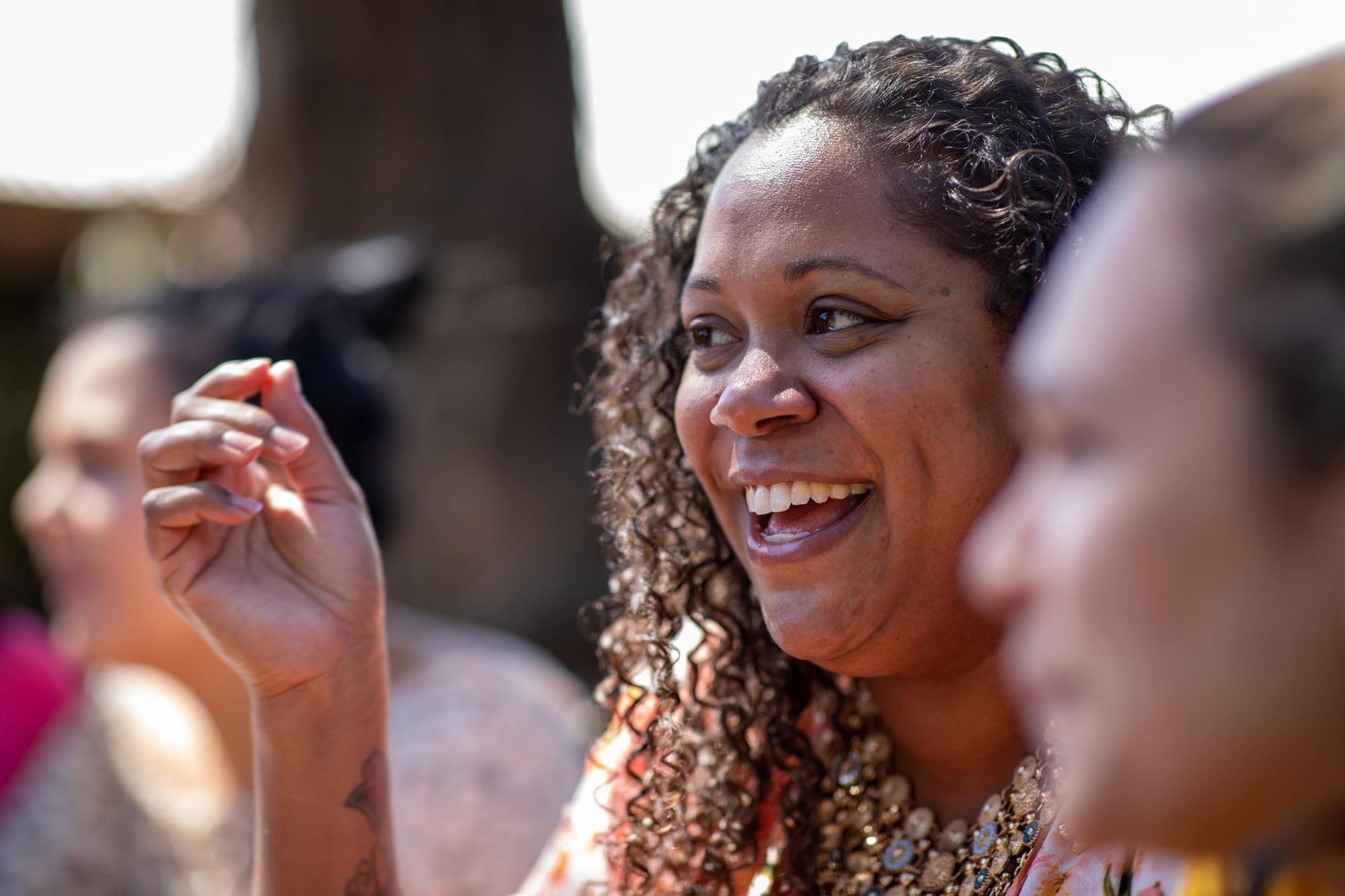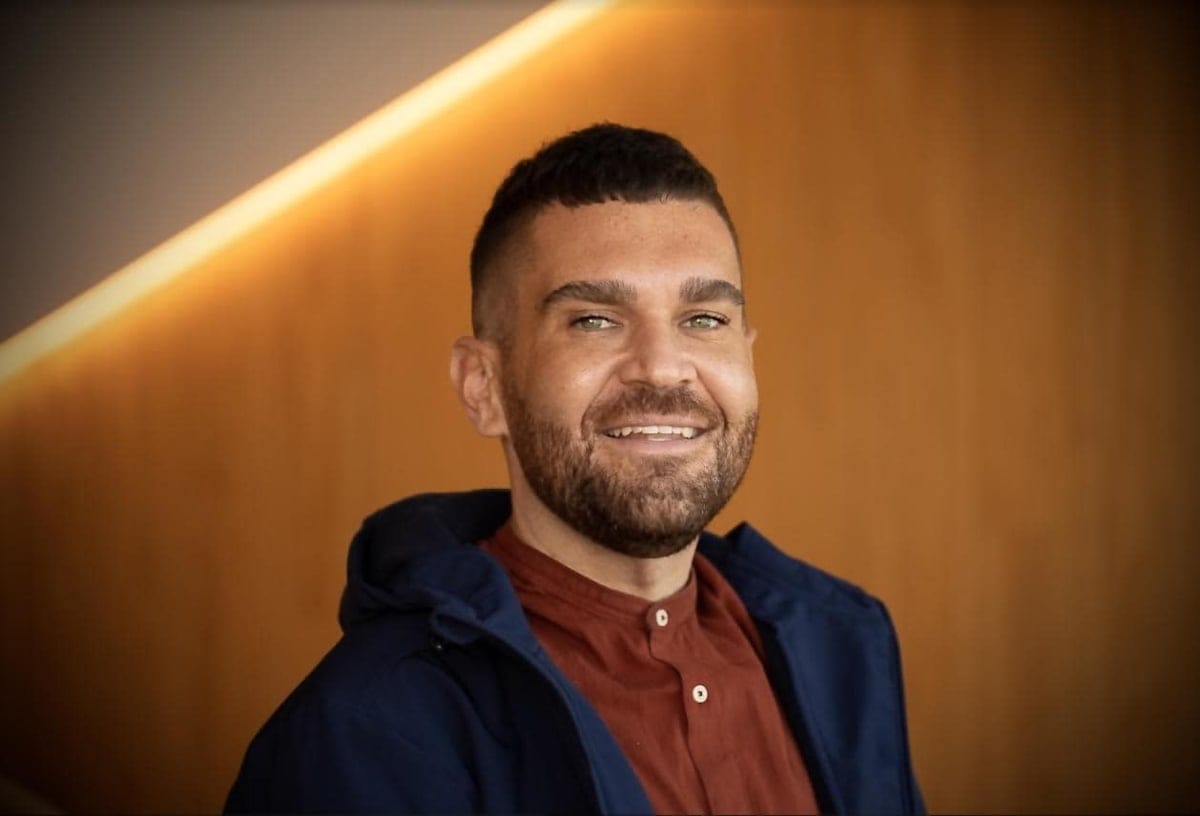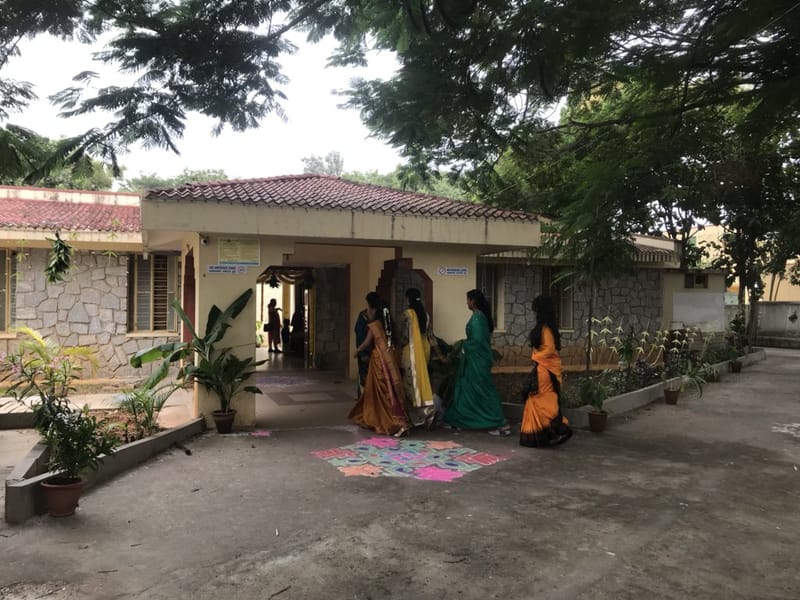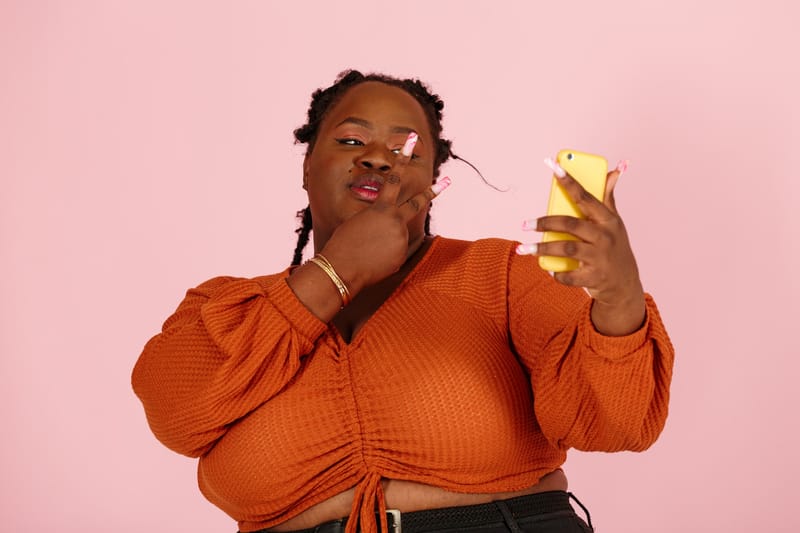
William Trewlynn, of Sydney, is among the recent graduates of the first master’s course in business leadership for Indigenous students at an Australian university.
“This Monash master’s was a privilege,” he says. “It was an honour to be surrounded by such Blak excellence. There's some pretty impressive people in the group of graduates, and they're all doing their own amazing things now, in their own right.
“One of the things we have in common is that we’re always for community in some way, shape or form. We’re for the betterment of community.”
The Master of Indigenous Business Leadership is created by Indigenous people for Indigenous people, and teaches a syllabus centred on prioritising First Nations knowledge systems, culture and leadership. It merges Indigenous knowledge with business acumen. Many graduates, like Trewlynn, came from interstate for it.
Monash’s William Cooper Institute and the Business School jointly offer the course.
Jamil Tye, Yorta Yorta/Boon Wurrung man and head of the William Cooper Institute, describes it as a culturally safe program for students to feel they belong.
“The capacity of these students to lead and create positive change for the future of our community is even stronger as a united group,” he said.
Trewlynn already runs successful Indigenous-focused businesses. The course affirmed concepts he already knew and stressed the importance, in business, of blending two worlds – “understanding both ways of being and doing”, he says, “not to say one way is better than the other, but if you understand both then that's true capability”.
Read more Star man: From a childhood dream to an Indigenous academy shooting for space
He grew up in western Sydney with traditional ties to the Nocoorilma people of Tinha and Dunghutti people of Woolbrook in New South Wales, near Tamworth.
"I grew up in housing commission in a low socioeconomic community. I couldn't really read or write until I was about 17; I’m dyslexic, I have ADD, I was crap at school. I never thought I'd have a higher education, but it was something I knew in the last couple of years that I needed in some way, shape, or form.”
He started a business eight years ago – InCulture, an indigenous strategy and consultancy. He also has an Indigenous training agency called Yarnupp.
Read more William Cooper: A visionary Indigenous campaigner in a league of his own
Trewlynn has also worked for governments, and is the founder of the BLAQ Aboriginal Corporation, a peak body for Indigenous LGBTQIA+ communities in New South Wales. Although he’s attended university in Sydney, he doesn’t have a degree.
“I did TAFE, and two-and-a-half years of my undergrad in community and social development, but I never finished it because I had a family member get sick and I had carer responsibilities.
“I found not having a degree didn't change my capabilities, but I have found it is a bit of a barrier in some instances. I realised I needed to engage in higher education to give me credibility in white spaces.
“It was a light-bulb moment, the program itself, because it strengthened my understanding of what I do in business by giving me the ability to talk about it effectively from a Western perspective.”

The course went both ways, he says, in that ideas and existing methods from the students feed back into it.
“What can we learn from Aboriginal ways?” he asks.
“When you think about how Aboriginal communities manage ourselves, I think we're the inventors of people and culture. So when you think about concepts such as congenial fellowship, which is a theory of centring human agency, which Aboriginal people have done for such a long time; the idea of getting to know the person across from you as a strategic approach to managing relationships.
“Putting people at the centre is essentially what I think people or culture in workplaces should be, right?”
Fellow graduate Alice Currie, a Mununjahli Yugambeh woman from southern Queensland, is now communications coordinator at Thirrili Indigenous Suicide Prevention Service in Darwin.
She says it was “unlike any other degree I’ve done. Anytime I needed to go back to country or back home – I was supported. I took on the challenge of engaging with academics, sharing the realities of our communities and the industries we’re a part of.”
Katrina Johnson, Gooreng Gooreng woman and Co-Director of The Master of Indigenous Business Leadership, said:
“We place a strong emphasis on mastering both Indigenous and Western business leadership concepts, because it’s crucial for our leaders to be confident in walking and working in both worlds so they can access the resources needed, and build power together to create the change we need now and into the future.”
“Through robust strength-based conversations, sharing knowledge, live business cases, exposure to diverse Indigenous leaders and wisdom from our elders about our origins of business and where the future of business is heading, these graduates can confidently proceed using Indigenous terms of reference to design business strategy.”





